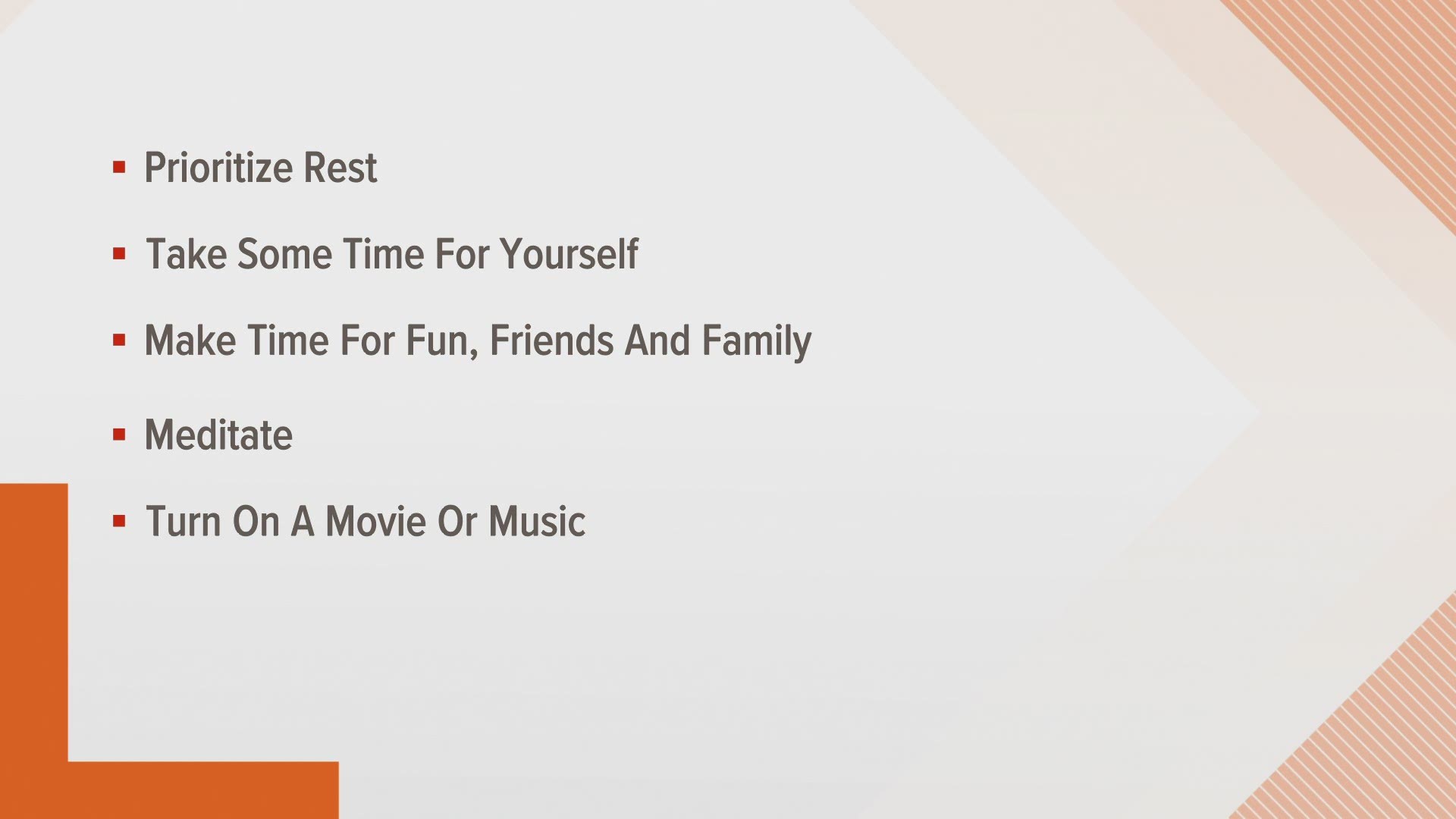INDIANAPOLIS — Did you know black people are more likely to report serious psychological distress than white people? But they're less likely to ask for professional help.
"Often in the black community, spirituality can be used as a substitute for mental health care, and the way I like to think about it and frame it is spirituality should be used in conjunction with appropriate mental health care," said Dr. Danielle Henderson, clinical psychologist at IU Health. "And again, as I stated before, often times, black Americans can wait longer to initiate therapy or sometimes have difficulties feeling as if they are receiving incompetent care. So it's a process, and it might take time, but I would say please don't wait if you have any concerns or others have concerns about you. Now is the time to seek help."
13News' Alyssa Raymond spoke with Dr. Henderson, who said socio-economics status, housing and living conditions, exposure to violence and racism all contribute to mental health disparities in the black community. And racism has been specifically linked to increases in anxiety, depression and other symptoms associated with trauma.
"One thing that’s important to think about particularly when you think about black Americans, but we’ve also noticed this or research has also shown us native Americans or people who are descendants of Holocaust survivors, is this idea of inter-generational trauma," said Dr. Henderson. "So you can experience a trauma by hearing what family members have experienced or seen pictures of things from the past, and now with our current ability to capture things in film, it can be a very traumatic experience to see someone lose his life on film.
Dr. Henderson said being repeatedly exposed to those images in films or in personal lives can be very difficult to cope with.
Along with professional mental health care, Dr. Henderson offered the following advice:
- Prioritizing rest
- Taking time for yourself
- Meditating
- Making time for fun, friends and family
She also wants to remind people that they don't have to feel like they have to fight for the cause every single second of the day.
"We can have a tendency to downplay what we’re experiencing or think, 'well maybe it’s really not that bad or my parents had it worse or another family member has had it worse or this is just what goes on in our family,'" said Dr. Henderson. "Now is the time to try to approach things in a different way, and yes, maybe someone in your family may have experienced more, maybe is experiencing more, maybe there is a history of trauma in the family, but that doesn’t mean that it is OK and that you have to continue tolerating it."
Click here for even more resources and to check out IU Health's Virtual Behavioral Health Hub.

